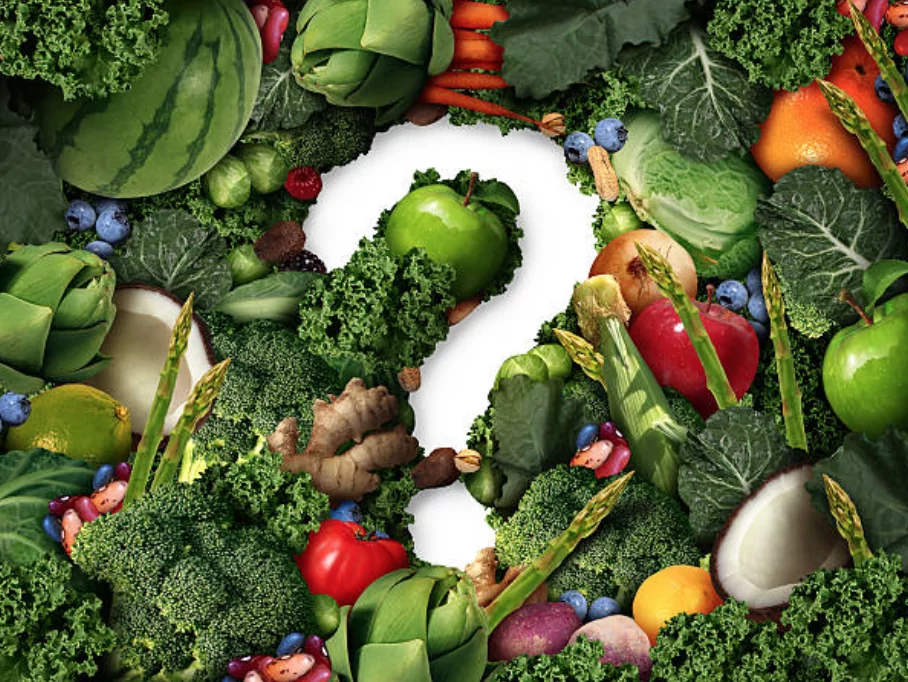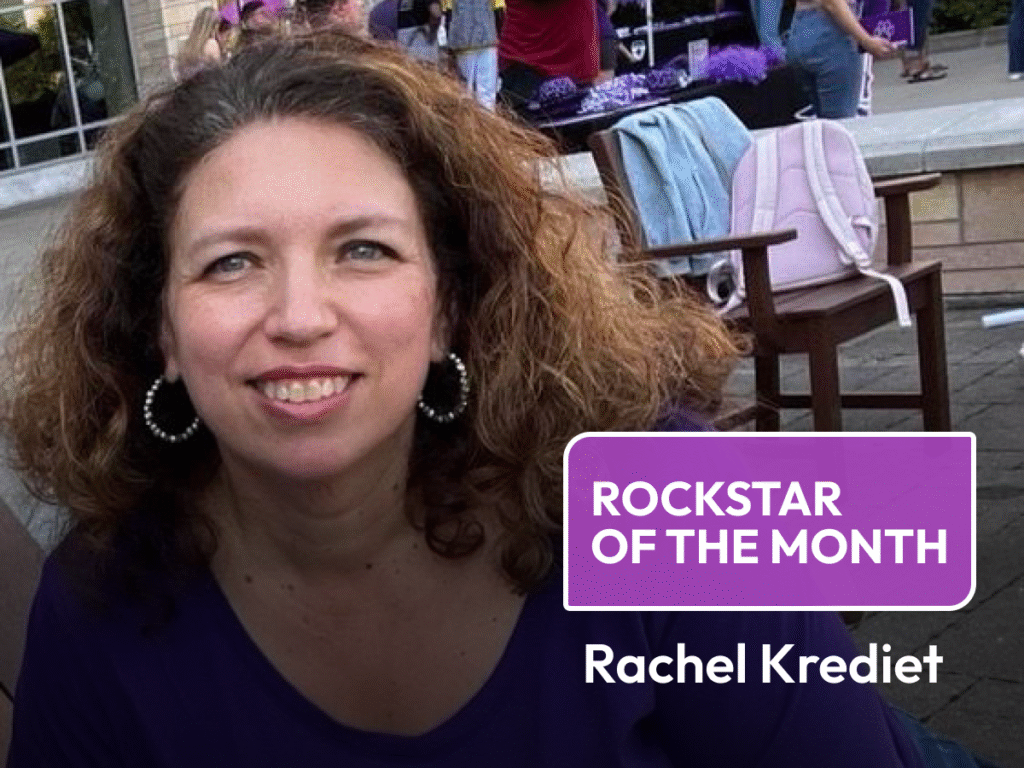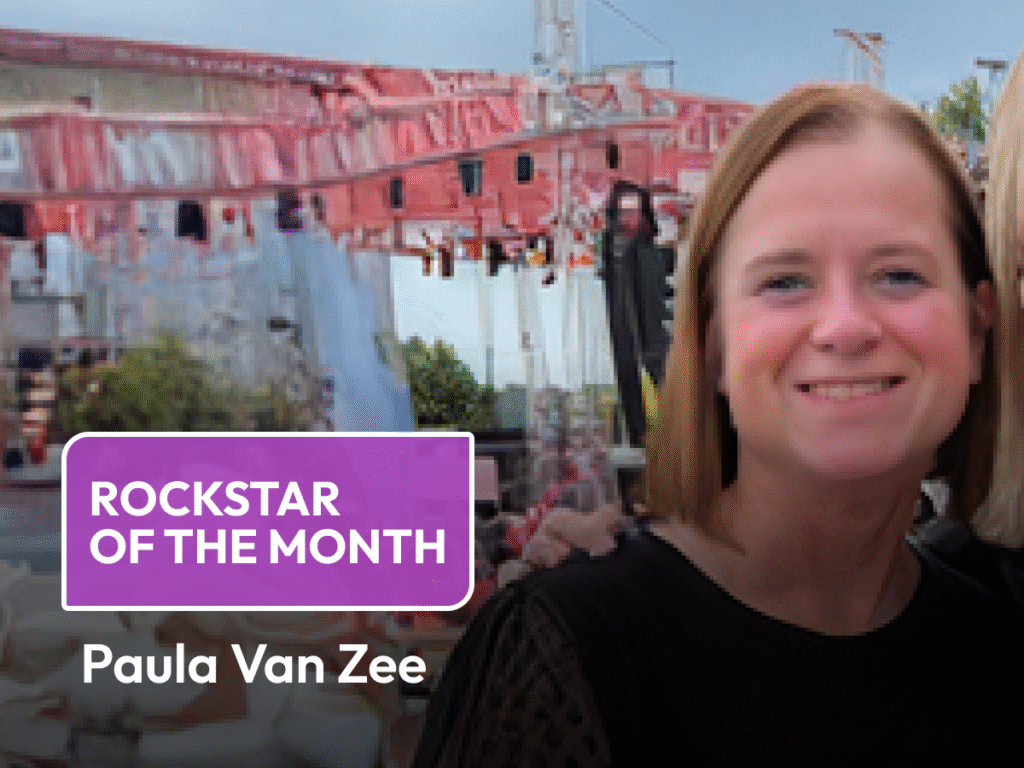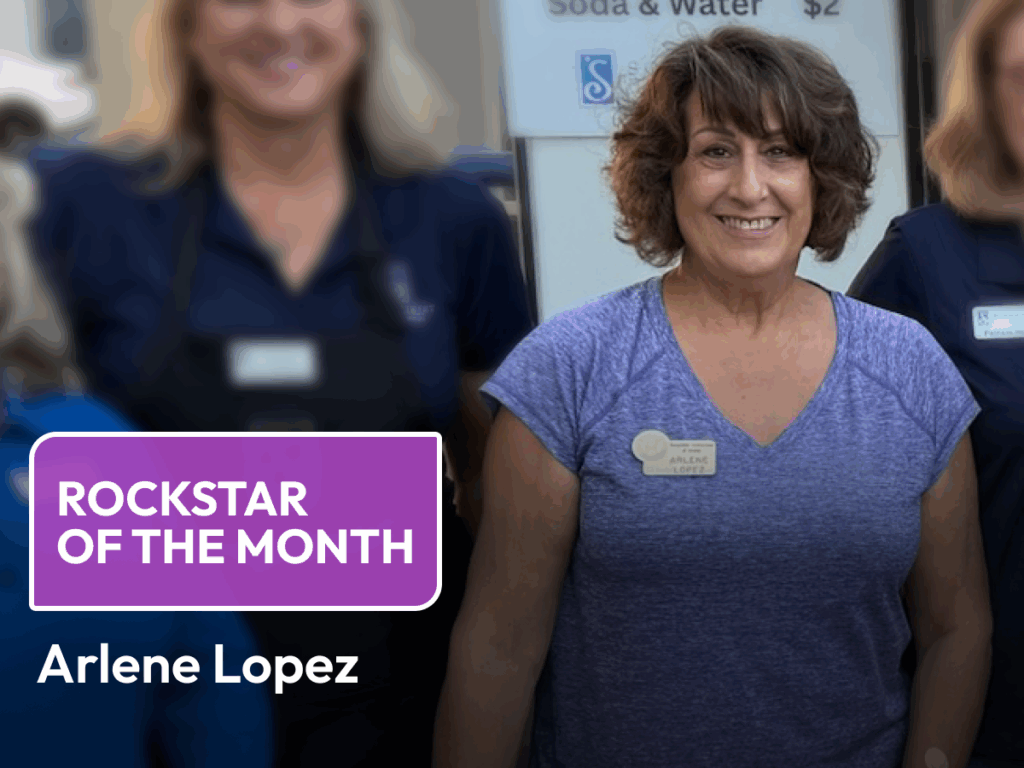Has it really been almost a year of quarantine? Somehow this past year has gone by both very slowly and very quickly. Our worlds are smaller now. We’ve learned a lot about enjoying the simple pleasures, including that of a satisfying meal. But I’ve also noticed patients struggling to find joy in their meal routine recently. A quarantine food rut: feeling too tired/unmotivated to cook, leaning on takeout, lack of interest in food, grazing throughout the day because they aren’t interested in a plated meal (or aren’t carving out the time in their Zoom meeting schedule), cravings sweets and other highly palatable foods because that’s all that sounds good to them.
I thought I’d use this “Food for Thought” to share some ideas for breaking out of a quarantine food rut and reconnecting with the joy of a satisfying relationship with food:
- How are you feeling? First, and most importantly, if you’re noticing a wider lack of interest or pleasure in things you used to enjoy, please speak to someone on your provider team, or seek support from a counselor. (But if you feel that you’re simply in need of a food routine refresh, read on.)
- Explore new recipes. Find a day and time that you aren’t feeling rushed or exhausted and try out a recipe you’ve had your eye on. Need ideas? Our blog has a wide selection of both VLCD- and Stepwise-friendly recipes, and your dietitian can recommend other resources. Try preparing a cuisine you aren’t familiar with, or lighter take on your favorite comfort food. If you’re intimidated by complex recipes or long ingredient lists (you’re not alone), start with something simple and low-complexity.
- Attend a grocery tour. We host periodic virtual grocery tours for patients to provide ideas for Enara-friendly products to build into your food routine. Watch your timeline for class announcements.
- Pursue a more mindful eating experience. If you’re finding yourself mindlessly snacking through an afternoon of video meetings or totally unaware of the salad you’re eating because you’re answering a chat from your boss, then perhaps it’s worth considering carving out 15 minutes to sit and savor your meal experience (phone-free). You’re more likely to feel satisfied after finishing your meal, and as a bonus, you’ll be more connected to your fullness signals and better able to stop when you’ve had enough.
- Eat when you’re hungry. Forcing yourself to eat a meal when you’ve got zero appetite is generally not a satisfying experience, so aim to start a meal when you’re moderately hungry (but not so starving that you speed through your food and don’t remember eating it). (There are a couple caveats here related to medications and medical conditions that impact appetite. Please consult with your dietitian for advice specific to you.)
- Try something new. Never tried cauliflower rice? Ask your dietitian for prep tips, and try it out. (I was a cauliflower rice non-believer until I tried it roasted.)
- Figure out your meal planning “formula”. How does your week look? How many nights will you be able to cook your meal, and how many nights will you need a quick, easy option (or leftovers)? Fine-tuning your weekly meal plan and grocery shop will mean that you won’t be caught scrambling on Thursday night because you ran out of dinner options (we’ve all been there).
- Take some time to reflect on where the overlap lies between meals you enjoy and meals that make you feel your best. If most of your meals meet both criteria, then you’re doing a great job.
A few weeks into VLCD, I often ask patients, “Do you like what you’re eating?” Pleasure and health are both key elements to a satisfying relationship with food, and they are most definitely not mutually exclusive. If you find yourself falling into a quarantine food rut, work with your dietitian to bring the enjoyment factor back into your meal experience.



